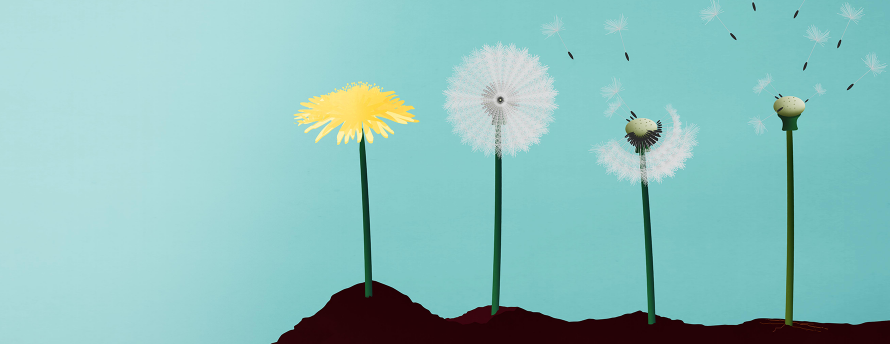HOW AGE AFFECTS FERTILITY
As women get older, fertility naturally begins to decline. At 30, a healthy woman has around a 20% chance of conceiving each month; by the time she is 40, her chances have dropped to 5%.
As the female reproductive system ages over time, women can expect:
Women are born with all the eggs they’ll ever have: about 300,000 per ovary at birth. These numbers decline at an increasing rate during a woman’s life. It’s estimated that by age 40, there are only around 18,000 eggs remaining.
Aging eggs have a higher chance of having an abnormal number of chromosomes, which can affect the health of embryos.
A woman’s menstrual cycle may become irregular over time, and periods may be shorter or longer than usual.
- Gradual exposure to diseases
The reproductive system is exposed to more diseases that can affect fertility, such as endometriosis.
Intercourse may happen less frequently as women get older.
There are also pregnancy health risks to consider. Women over 35 are more likely to develop diabetes or high blood pressure, have a miscarriage, or have a baby born with chromosomal problems—although advances in prenatal care and genetic testing allow many older women to have healthy pregnancies.
If you’re over 35 and hoping to conceive, don’t lose hope—but it's important to act. Today more couples are becoming parents at an older age than ever before. If you’ve been trying for at least 6 months, it’s worth speaking to a doctor about fertility options as soon as possible.





